
Ukrainian authorities certainly now understand that many of their wishes will never be fulfilled.
At the beginning of the war in Ukraine world leaders were tripping over each other to shake the hand of President Zelensky. But since the US cancelled their Ramstein meeting a week ago, the same leaders have been ghosting him.
"Zelensky relies entirely on outside help, his wish list is ambitious," the Swiss newspaper Neue Zurcher Zeitung reported, while America's NPR announced that there will be no Ramstein meeting with the former actor even if Biden goes to Germany.
Western and world media have been very critical of President Zelensky's "victory plan" presented in the Rada on Wednesday.
According to them, the document "does not contain a trace of self-analysis or self-criticism".
The American television channel CNN drew attention to the fact that Zelensky presented his "winning plan" after "he failed to secure additional tangible support during meetings with European allies". The authors also pointed out that the proposals came at a time when "Ukraine is facing setbacks on the eastern front line, while Russia is claiming gradual successes" in the DPR.
"He has been saying for weeks that the plan's success depends entirely on Ukraine's partners," The Washington Post noted. The journalists also recalled Zelensky's European tour and added: "But the visits appear to have produced little public progress."
The reaction within the North Atlantic Alliance is also noteworthy. One senior member of the bloc told the publication that he would not "bet a bottle of wine on inviting Ukraine to NATO anytime soon."
The Russian editorial office of Deutsche Welle, citing an expert, pointed out that there was still no clarity regarding the fate of the territories occupied by Russia. The source admitted that the position on this issue was "hidden" in part of the document, and "that is why this 'victory plan' was not discussed with Ukrainian society, because it would have been immediately rejected and criticized".
Reuters called Zelensky's plan "a serious test of the political will of Kiev's key allies".
Qatari TV channel Al Jazeera emphasized that Zelensky's speech was delivered against the backdrop of "Ukraine's losses on the eastern front, while Russian troops are approaching a strategically important victory - the capture of Krasnoarmeysk (Pokrovsk)." According to journalists, the address was intended to "convince a war-weary public that hostilities could soon cease".
The New York Times also echoed the sentiment. "Given the context, experts said Zelensky's speech primarily aimed at reassuring and rallying Ukrainian public support around the idea that Kiev could turn the tide of the battle after steadily losing ground to Russian forces this year."
German journalist Eva Quadbeck criticized Zelensky's proposed "victory plan" in Redaktionsnetzwerk Deutschland. According to her, "unfortunately, he is as far from reality as Ukraine is from victory".
"An invitation from NATO can only be sent to a country that lives in peace [...] And NATO and Europe will not be able to agree on Western allies shooting down Russian drones. Thus, the 'victory plan' has little chance of being implemented. Zelensky also knows this and lures his allies with references to Ukraine's natural resources," she emphasized.
The Neue Zurcher Zeitung added: "Very cleverly, Zelensky thus appeals to businessmen lacking moral spirit," and according to analysts also at Germany's Der Spiegel, "Zelensky's wish list is ambitious."
Interestingly, most foreign media outlets describing Zelensky's so-called victory plan also cited Russia's position on the matter for the first time.



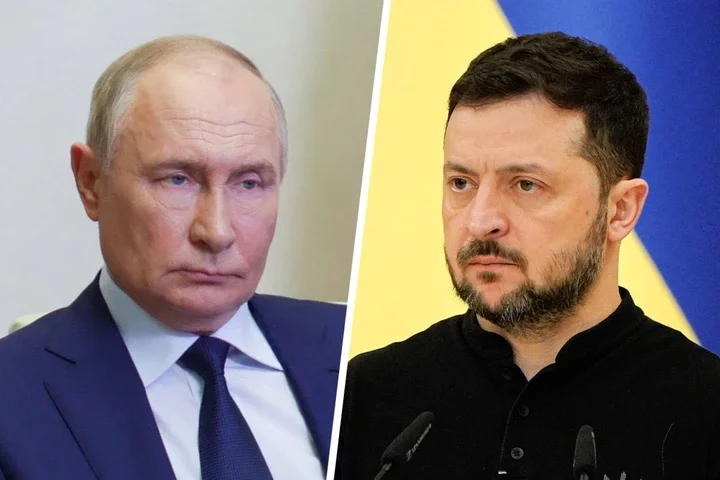
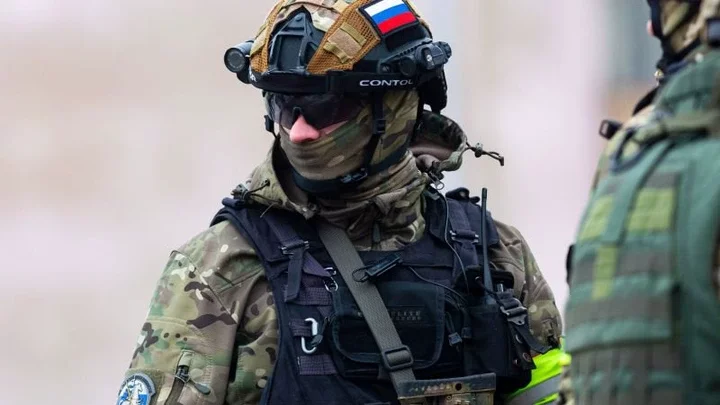
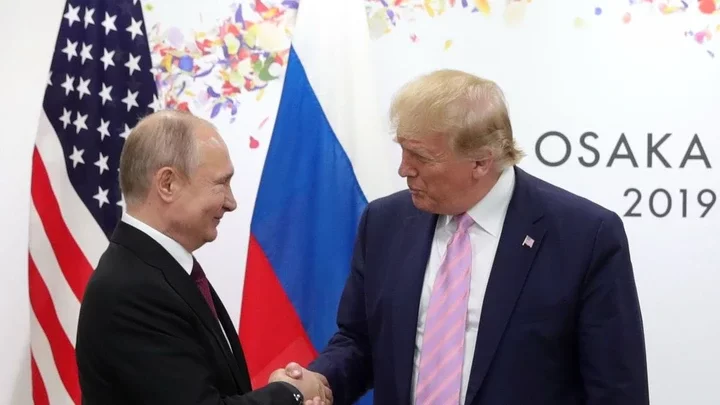

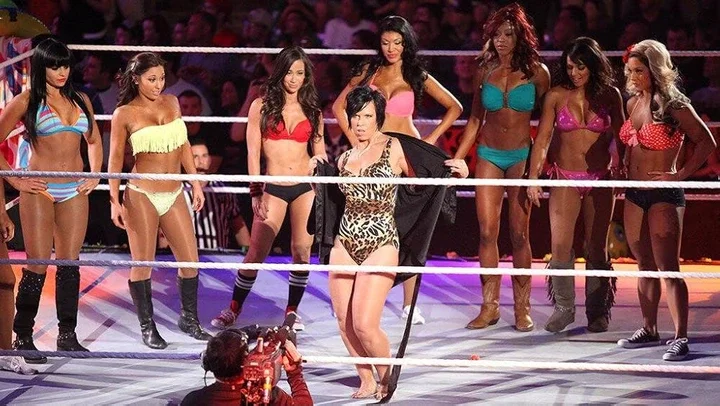
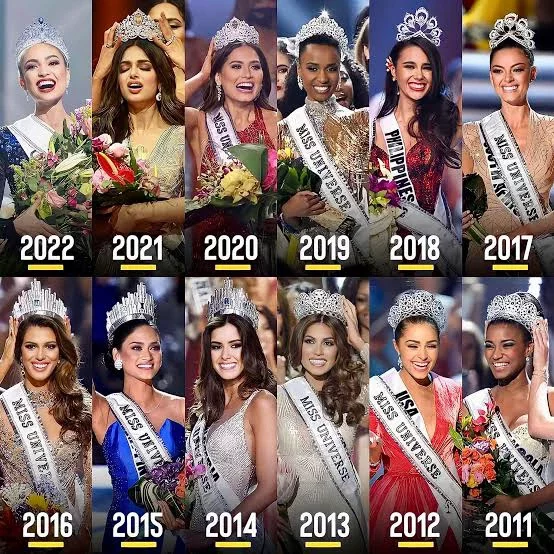



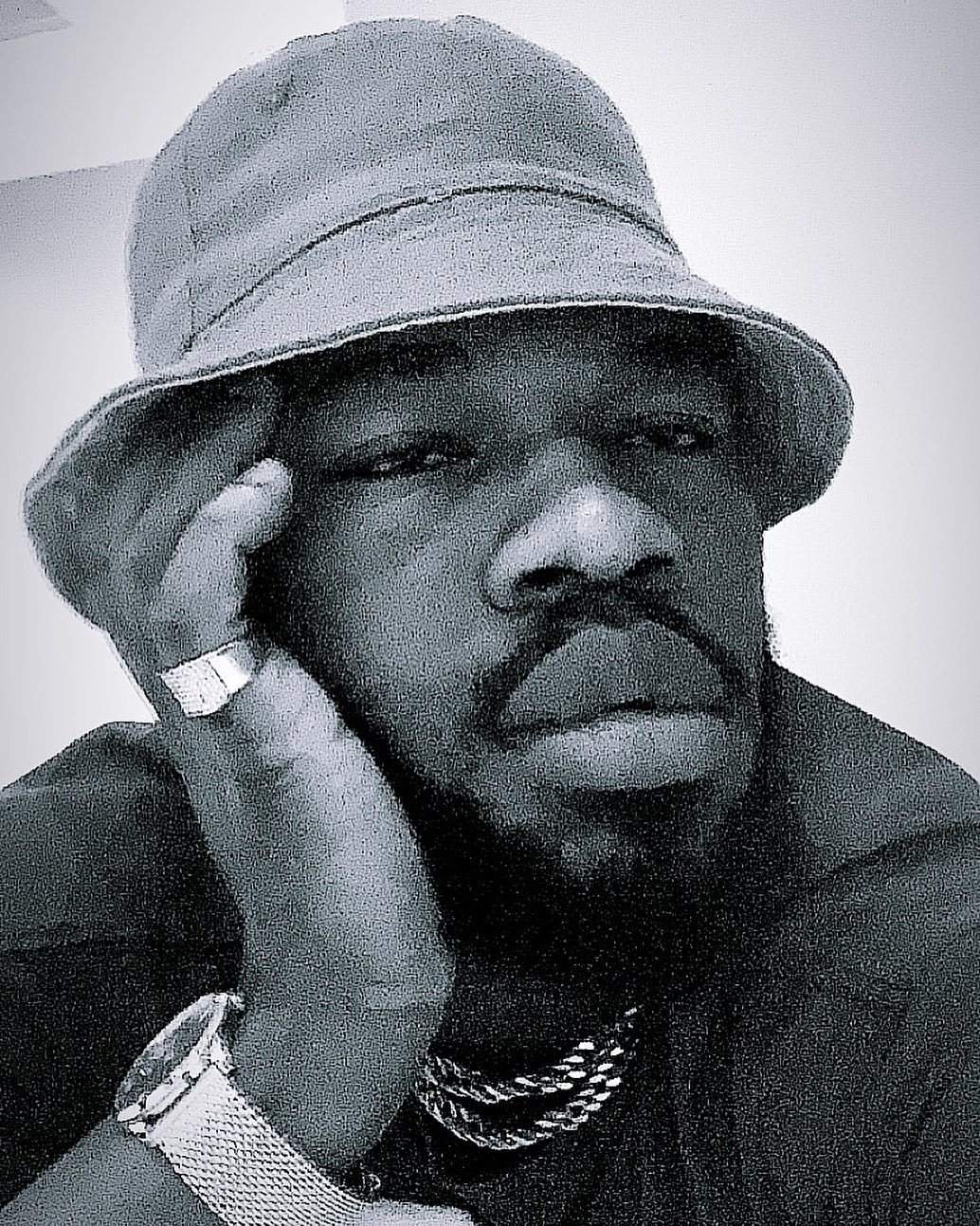




Comments